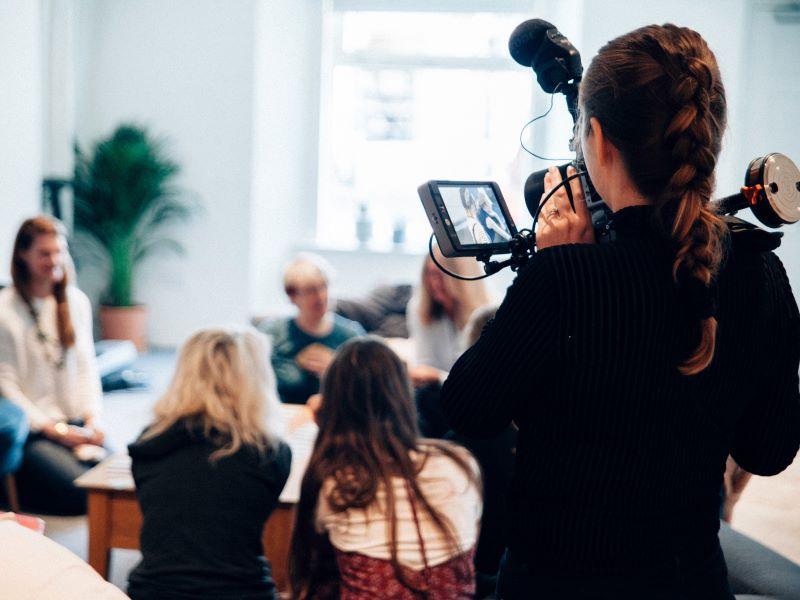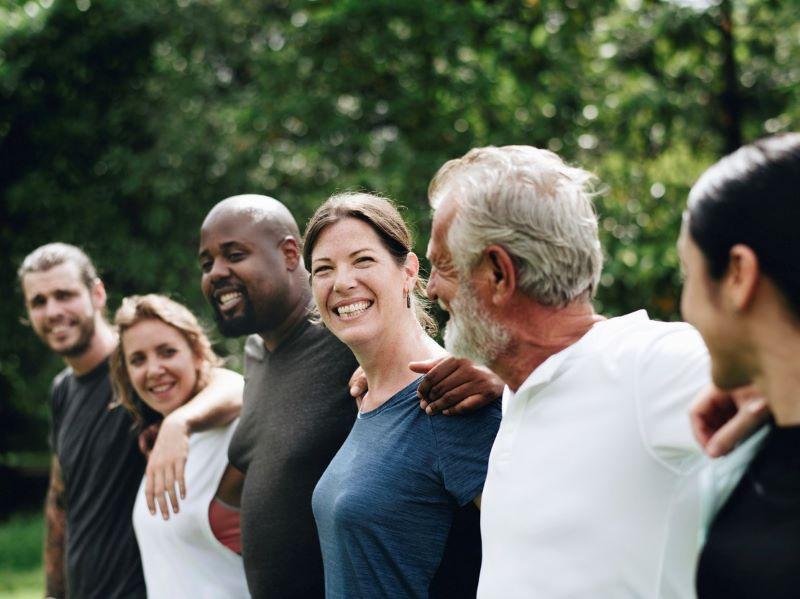
Flip the script: why listening is the best form of outreach
A good friend once told me that “being right isn’t persuasive” – a true and powerful phrase that you may reflect on when developing your own widening participation or outreach initiatives. So often such activities are kick-started through passion for sharing what we believe is a good thing, something we think everyone must have, because we believe it’s important, relevant and inspiring. However, the real trick is to reverse our thinking and focus mostly on what our audiences or participants need.
Making outreach and widening participation (WP) initiatives purposeful requires you to clearly identify and embrace the needs of those it’s designed for. It seems so simple to say but is more challenging to achieve – relying on understanding and listening to what matters to them.
For the University of Manchester’s Great Science Share for Schools (GSSfS) campaign, this meant responding to teachers’ needs to raise the profile of primary science nationally due to the demise of its status in the curriculum; stimulating opportunities for children to have more autonomy in working scientifically; and inspiring the sharing of science that really matters to our young people.
Getting people to participate, volunteer time, donate funding and champion the GSSfS campaign has been an ongoing endeavour since 2016. Now the largest primary school science campaign in the UK, we are proud to have engaged more than 200,000 youngsters across 17 countries, and the 2022 campaign inspired over 310,000 5- to 14-year-olds to ask, investigate and share scientific questions. The following insights are offered to inspire you to reflect on the creation and delivery of meaningful outreach initiatives that really can make a difference to learners’ experiences.
Build and develop on what you know works well already
Nothing starts from nothing. A key factor in launching successfully is to learn from what’s already working well. Whether it’s something you’ve worked on or developed in the past, take something that has the ingredients of success and amplify it. Upscaling was a key factor in the swift establishment of the GSSfS campaign.
Keep it simple
Remember that outreach and WP initiatives often are not factored into people’s workload. So, it’s best to lower barriers and avoid complex systems, multiple stages to engagement or burdensome rules and regulations. GSSfS has one simple idea at its core: young people sharing their scientific questions. If you look around at other successful campaigns, you’ll see this is a common trend.
Establish and stay true to your values
Have you ever really thought about the things that guide your behaviours and actions? Articulating the values behind your outreach or WP initiative enables you to make justified decisions about what to do and what not to do. For GSSfS, our values are to be child-focused, inclusive and non-competitive, and collaborative. Everything we choose is related to these actions, including our communications, our partners, our resources and events.
The inclusive and non-competitive nature of our campaign is, I believe, the biggest influence on our rapid growth rate. We don’t turn young people away; we invite them and their teachers to take part at whatever level they wish to. No one is judged against anyone else; the only judgement comes from the person themselves in asking: “Have I done enough?”; “Have I shown my best?”; “Is there anything else I can do next time?”.
Be true to your values – make them explicit and justify your actions by them.
Avoid bells and whistles, stay on brand
As your initiative is developed, it’s so easy to get excited and to keep adding and diversifying your offer. In fact, we fell into this trap at times. The key lesson here is to regularly review your initiative. We use simple evaluation surveys, observations, discussions and feedback to direct our time and funding.
So, in summary, my good friend has a real point. Being right isn’t persuasive, yet we can persuade by maintaining an authentic approach to our outreach, and winning hearts and minds by reversing our approach, keeping it clear and simple, and maintaining a learning culture throughout. Get the formula right and your efforts will result in outcomes that really offer valuable benefits to all involved. Enjoy your journey!
Lynne Bianchi is the vice-dean for social responsibility, equality, diversity, inclusion & accessibility in the University of Manchester’s Faculty of Science and Engineering, and the founder and director of the Great Science Share for Schools.
Great Science Share for Schools team at the University of Manchester was shortlisted for Widening Participation or Outreach Initiative of the Year in the Times Higher Education Awards 2022. A full shortlist for all categories can be found here.
If you would like advice and insight from academics and university staff delivered direct to your inbox each week, sign up for the Campus newsletter.




